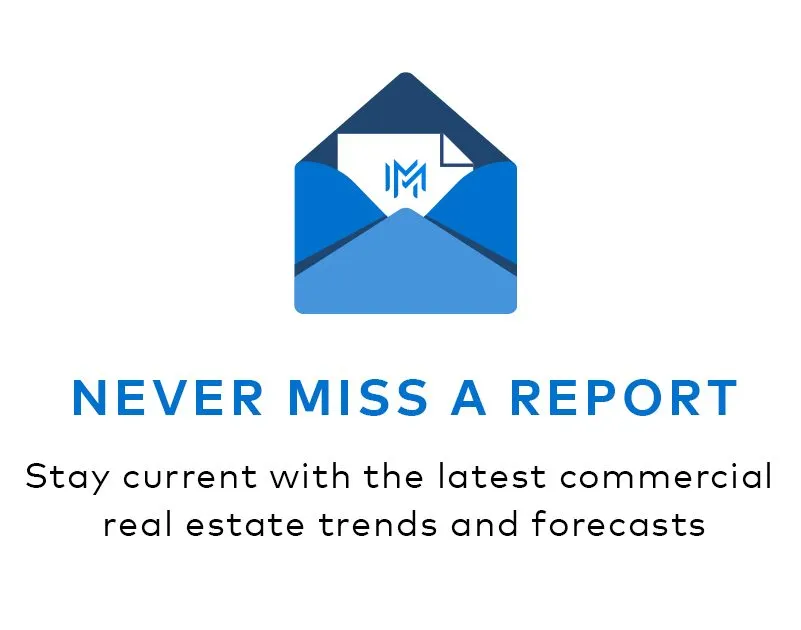Read the latest Yardi Matrix Self Storage Market Outlook.
On a monthly basis, 28 out of the top 30 metros had a positive rent growth, while two remained flat.
Key Takeaways
- As of April, the annual street rate continued to be negative, with the average annualized same-store asking rent per square foot down 4.5 percent for the combined mix of unit sizes and types.
- Annually, the same-store asking rates for the combined non-climate-controlled units were down 4.0 percent, while the same-store asking rates for climate-controlled units fell 5.0 percent.
- On a monthly basis, 28 out of the top 30 metros tracked by Yardi Matrix showed positive growth, while two remained flat, as the street rates per square foot were up 0.7 percent, or 12 cents, to $16.35.
- The national under-construction pipeline equaled 3.6 percent of existing inventory, down 10 basis points from the previous month.
Negative performance for street rates on a yearly basis
In April, the national average annualized same-store asking rent per square foot was $16.35 for the combined mix of unit and sizes. This figure marked a 4.5 percent decrease compared to April 2023. Same-store national street rates for combined non-climate-controlled units fell 4.0 percent on a yearly basis as of April, while same-store asking rates for climate-controlled units decreased 5.0 percent on an annual basis. The contraction in rates for climate-controlled units has been mostly caused by the new supply.
In April, all the top 30 metro areas had negative street rate growth year-over-year. The decrease in combined same-store rates for non-climate-controlled units and same-store climate-controlled units ranged between -1.3 percent in New York and -7.4 percent in Atlanta.
The average national combined street rates per square foot was up by 12 cents, to $16.35, a 0.7 percent increase. The overall positive growth marks the first time since June 2023 when an uptick in national rates was registered on a sequential basis. Despite a 1.1 percent rise for the average combined street rates per square foot as of April, Columbus remained the most affordable metro, at $12.04.
Under construction pipeline remains flat
On a national level, new supply in the last three years has accounted for 8.4% of stock at the beginning of the period. Meanwhile, delivers equaled 2.8 percent of that amount during the previous 12 months.
Philadelphia continues to lead the nation, as the metro had the largest amount of new supply delivered over the past three years, equal to 15.2 percent of starting stock and an inventory under construction registering at 5.3 percent of existing inventory. Meanwhile, Denver is among the metros with the smallest amount of storage supply in lease-up, with deliveries over the last three years equal to 0.5 percent of starting inventory.
Yardi Matrix keeps track of a total of 3,542 self storage properties in various stages of development across the U.S. The development pipeline includes 868 under construction, 2,062 planned and 612 prospective properties. As of April, the under-construction portion of the pipeline accounted for 3.6 percent of stock, a 10-basis-point drop from the previous month.
Nashville registered the largest increase in construction activity in April, seeing an 80-basis-point month-over-month gain, followed by Boston, Miami and Houston. The largest monthly decrease was in San Jose, with construction activity shrinking 110 basis points to 0.6 percent.
Read the full Yardi Matrix National Self Storage Market Outlook: May 2024











Add Comment